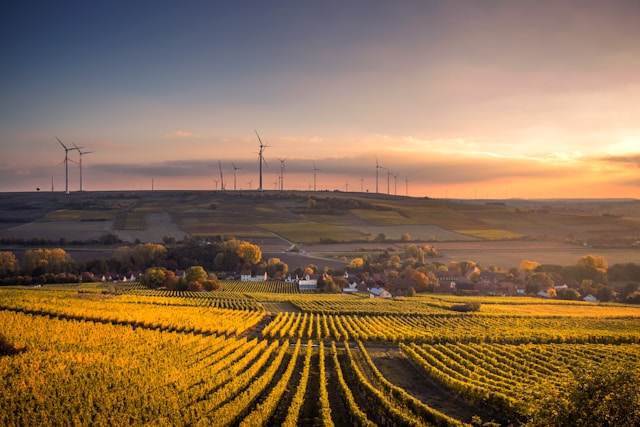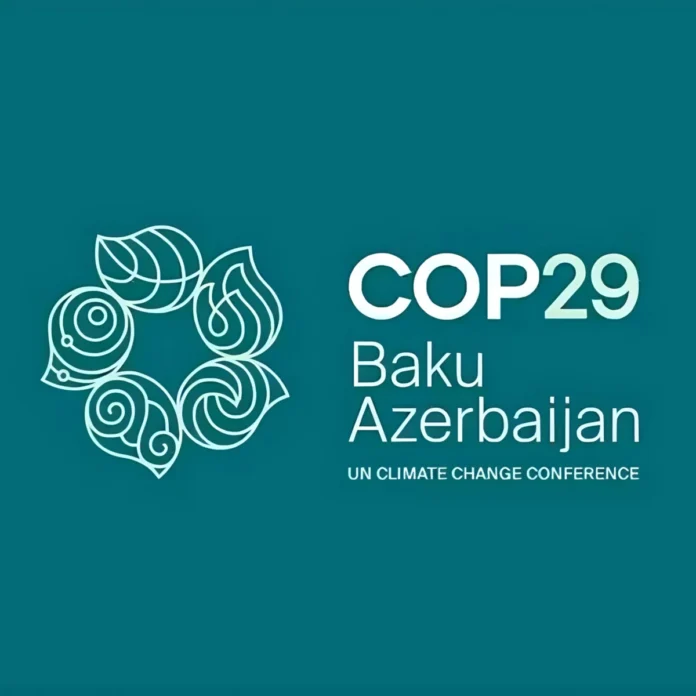Although the rate of growth of greenhouse gas emissions has slowed globally after reaching record levels in the last decade, “limiting global warming to 1.5°C is beyond reach without immediate and deep emissions reductions across all sectors.”
That was one of the conclusions of the Intergovernmental Panel on Climate Change (IPCC), the world’s leading climate authority, in its Sixth Assessment Report on the mitigation of climate change, which was released Monday.
“It’s now or never if we want to limit global warming to 1.5°C,” said IPCC Working Group III Co-Chair Jim Skea. “Without immediate and deep emissions reductions across all sectors, it will be impossible.”
One of the key steps to steer clear of dangerous warming is a substantial reduction of fossil fuels and the most effective ways to do this are to use sustainable sources like wind and solar to generate energy, use alternative fuels, and widespread electrification with renewables, and improve energy efficiency, according to the report.
IPCC Working Group III Co-Chair Priyadarshi Shukla said “having the right policies, infrastructure, and technology in place to enable changes to our lifestyles and behavior can result in a 40-70% reduction in greenhouse gas emissions by 2050.”
Researchers pointed out that the next few years are critical, noting in a statement from the IPCC that “limiting warming to around 2°C still requires global greenhouse gas emissions to peak before 2025 at the latest, and be reduced by a quarter by 2030.”
The statement also said that “the global temperature will stabilize when carbon dioxide emissions reach net-zero” which requires “achieving net zero carbon dioxide emissions globally in the early 2050s; for 2°C (3.6°F), it is in the early 2070s.”
“We are at a crossroads. The decisions we make now can secure a livable future. We have the tools and know-how required to limit warming,” said IPCC Chair Hoesung Lee.
Biotechnology offers revolutionary tools to combat climate change
As Biotechnology Innovation Organization (BIO) emphasizes in its Biotech Solutions for Climate Report, “biotechnology offers vital contributions to near-term greenhouse gas (GHG) reductions and revolutionary tools to combat climate change in the longer term.”
Biotechnology applications touch most aspects of modern life, from agriculture to manufacturing to medicine, and offer solutions, in the context of climate change, in four key categories:
- Producing sustainable biomass feedstock
- Empowering sustainable production
- Developing lower carbon products
- Enhancing carbon sequestration
The BIO report identifies “the emerging biotech solutions with the greatest potential to avert, and reverse catastrophic climate change,” and also notes that “policies supporting the development and deployment of biotech climate solutions should be part of any government effort to address climate change.”




